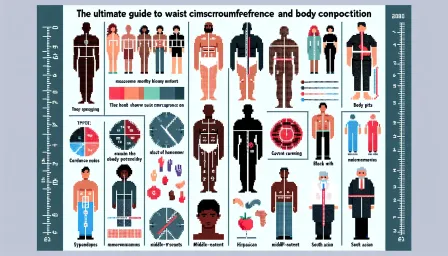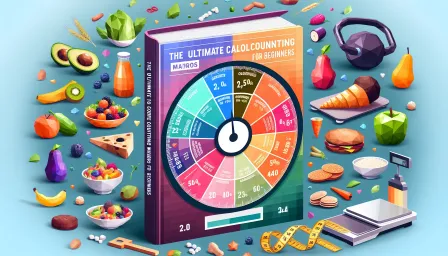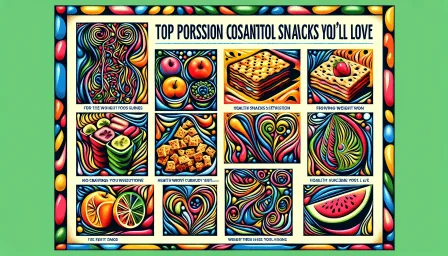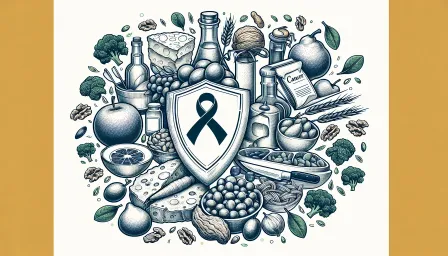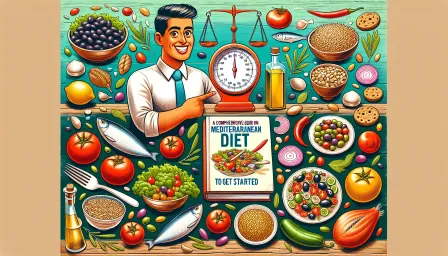Cheat Meals and Guilt: How to Enjoy Without Regret

Learn how to enjoy cheat meals without guilt. Explore strategies and tips to balance indulgence and maintain a healthy mindset.
For anyone committed to a healthy lifestyle, the concept of cheat meals may invoke mixed feelings. Cheat meals can seem like a welcome break from a strict diet, but they also frequently come with a side of guilt. This article explores how you can enjoy cheat meals without regret, focusing on maintaining balance and a positive mindset.
Understanding Cheat Meals
Cheat meals are planned indulgences that allow you to enjoy foods typically restricted in your everyday diet. They are different from cheat days, which involve a full day of leniency. Cheat meals are typically seen as a reward and are used strategically to maintain long-term dietary discipline.
Why Cheat Meals Can Lead to Guilt
Often, the enjoyment of cheat meals is overshadowed by guilt. This guilt is frequently the result of a few common misconceptions:
- Perfectionism: The belief that a healthy diet must be flawless.
- Fear of Weight Gain: Concern that one cheat meal will undo progress.
- Moral Judgement: Viewing food choices through a lens of “good” or “bad.”
The Benefits of Planned Indulgences
Despite the potential for guilt, cheat meals serve several positive purposes:
Psychological Relief
Regularly allowing yourself cheat meals can reduce the pressure of dieting, which helps prevent feelings of deprivation and burnout.
Boosting Metabolism
Strategically planned cheat meals can increase levels of leptin, a hormone that boosts metabolism and can aid in weight management.
Social Enjoyment
Cheat meals provide an opportunity to enjoy social events and gatherings without stress, making it easier to maintain a balanced social life.
Strategies for Enjoying Cheat Meals Without Guilt
Plan Ahead
Instead of spur-of-the-moment indulgences, schedule your cheat meals. This planning ensures that they complement your overall dietary goals rather than disrupt them.
Eat Mindfully
When enjoying your cheat meal, focus on every bite and savor the flavors. Mindful eating encourages you to appreciate food without overindulgence.
Keep Portion Sizes Reasonable
Enjoy your favorite foods in modest portion sizes. This practice helps avoid extreme calorie surges and lessens the chance of feeling overstuffed and regretful.
Balance with Healthy Choices
After a cheat meal, return to nutrient-dense foods. This balance promotes overall well-being and helps mitigate any nutritional imbalances caused by the cheat meal.
Focus on Celebrations and Not Compensations
View cheat meals as celebrations rather than compensations. They are a reward for your hard work, not an excuse to rectify restrictive eating patterns.
Avoid All-or-Nothing Thinking
Recognize that one cheat meal doesn’t negate all your healthy efforts. Viewing your diet in totality rather than single moments helps maintain a balanced perspective.
Long-Term Mindset for a Healthy Relationship with Food
Building a positive relationship with food involves shifting your mindset:
Food is Not the Enemy
Understand that food is a source of nourishment and pleasure, not a tool for punishment or reward exclusively.
Embrace Flexibility
Flexibility in your diet allows for occasional indulgences while maintaining a long-term commitment to health.
Practice Self-Compassion
Be kind to yourself. Everyone makes choices that don’t always align with their goals. Treat yourself with the same kindness you’d offer to a friend.
Conclusion
Cheat meals don’t need to be a source of guilt. By planning ahead, eating mindfully, and balancing indulgence with healthy habits, you can enjoy your favorite treats without regret. Remember, the goal is not perfection but a sustainable and enjoyable relationship with food. Embrace flexibility, practice self-compassion, and celebrate the progress you make on your health journey.





